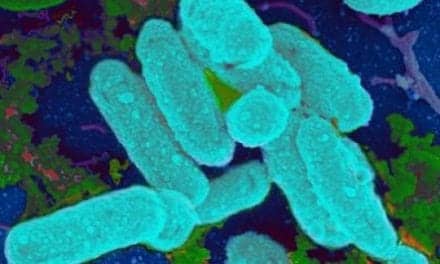Antimicrobial therapy targeting specific cells in the immune system could prevent sepsis and life-threatening disease in people suffering from pneumonia, new research led by the University of Leicester has shown.
An antimicrobial therapy kills or inhibits the growth of microorganisms such as bacteria, fungi, or protozoans.
The research, published in Nature Microbiology, identifies how the bacterium which causes pneumoniareplicates within our immune system during the initial stages of infection.
A team of researchers led by Professor Marco Oggioni from the University of Leicester’s Department of Genetics and Genome Biology has found that shortly after initial infection, the bacterium Streptococcus pneumoniae (pneumococcus) replicates within a certain subset of immune cells in our bodies – a subset of splenic macrophages – before causing invasive and often fatal disease.










